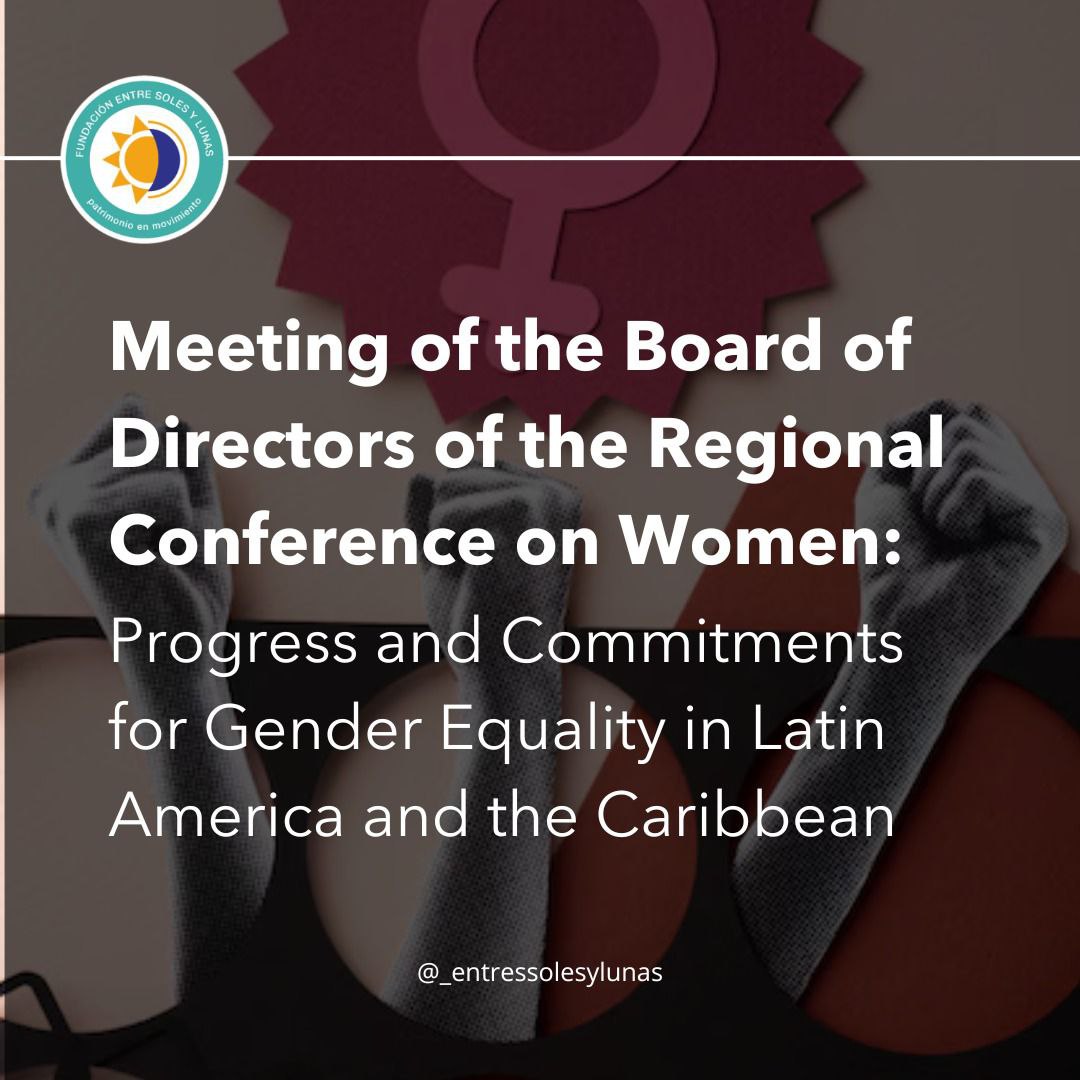By José Manuel Martínez / Translated by Samai Páez
On December 4, 2024, the Sixty-Sixth Meeting of the Board of Directors of the Regional Conference on Women in Latin America and the Caribbean began at the headquarters of the Economic Commission for Latin America and the Caribbean (ECLAC) in Santiago, Chile. Tp the event attended Ministers and High Authorities of the National Mechanisms for the Advancement of Women of the region, as well as specialists and representatives of civil society.
The delegates in Santiago agreed to strengthen the institutional framework for gender equality in the region, hierarchizing the mechanisms for the advancement of women as those responsible for equality and autonomy policies. The need to integrate a gender perspective at all levels of government, ensure more resources and guarantee budgets with a gender focus, as well as monitoring and accountability with citizen participation were underlined. This commitment was consolidated with the approval of the roadmap for the XVI Regional Conference on Women, to be held in Mexico from August 12 to 15, 2025. At the meeting, a series of activities were defined at the regional and subregional levels, in collaboration with governments, academics, parliamentarians and civil society organizations.
During the Conference, Ana Güezmes García, Director of the Gender Affairs Division of ECLAC, presented the document Action for equality, development and peace in Latin America and the Caribbean: a regional report on the review of the Beijing Declaration and Platform for Action 30 years after its adoption in synergy with the implementation of the Regional Gender Agenda.
The report states that to achieve equality decisively by 2030, urgent measures are needed to speed up the implementation of the Beijing Declaration and Platform for Action and the Regional Gender Agenda, strengthening the institutionality of the Mechanisms to advance gender equality, integrating the gender perspective at all levels of government and state powers, and ensuring an increase in the allocation of resources. This includes budget planning with a gender focus, monitoring, accountability with citizen participation and development cooperation.
In Latin America and the Caribbean, half of women are outside the labor market, while men's participation is close to 75%. In addition, women face greater poverty: for every 100 men in poverty, there are 118 women, and in extreme poverty, 120 women for every 100 men. Women in poverty are even more severe in indigenous, Afro-descendant and rural populations. Likewise, they spend almost three times as much time as men on unpaid domestic and care work.
Although progress has been made in areas such as political representation, parity in education, the integration of a gender perspective in climate policies and the fight against gender violence, substantive equality remains a pending goal in the region. For example, in the national legislative branch, women occupy only 35,8% of the seats, and in 2023 they represented 27,2% of the elected positions in local deliberative bodies, compared to 35,5% worldwide.
As for gender violence, at least 11 women were victims of femicide every day in the region during 2023. Girls and adolescents are especially vulnerable, facing child, early and forced marriages and unions. In 2022, 4% of women married or entered into a union before the age of 15, and 21,2% did so before the age of 18.
The delegates also agreed to strengthen the Gender Equality Observatory of Latin America and the Caribbean, updating statistics and creating a regulatory repository to facilitate the monitoring of the Regional Gender Agenda and the 2030 Agenda. They also approved the Declaration of Ministers and High Authorities of the National Mechanisms for the Advancement of Women, which will be presented at the 69th session of the Commission on the Status of Women. In it, the progress and challenges in the implementation of the Beijing Platform for Action were recognized.
The meeting was attended by 27 government delegations (17 from Latin America and 6 from the Caribbean, in addition to Spain, the United States, Canada and Norway), representatives of 10 United Nations agencies and other intergovernmental and cooperation organizations, along with more than 200 representatives of civil society. In total, about 350 people participated.


Leave a Reply